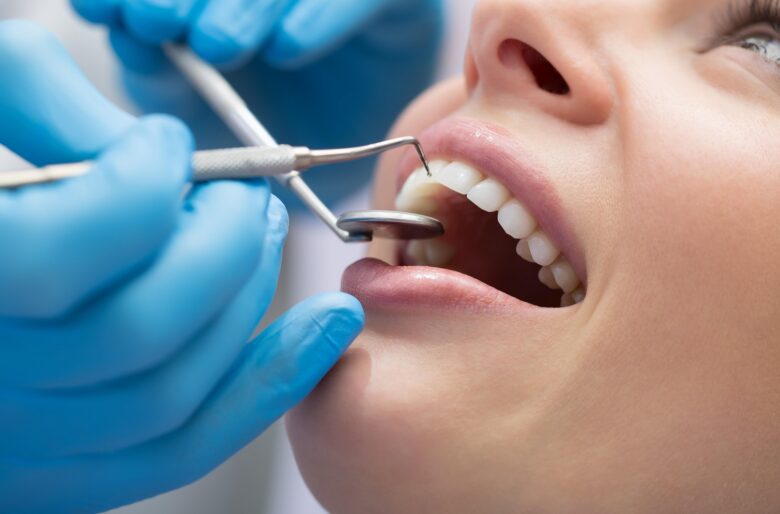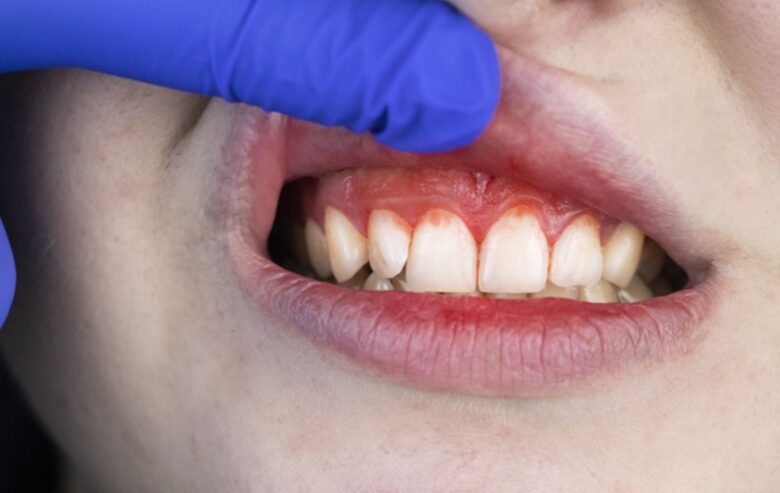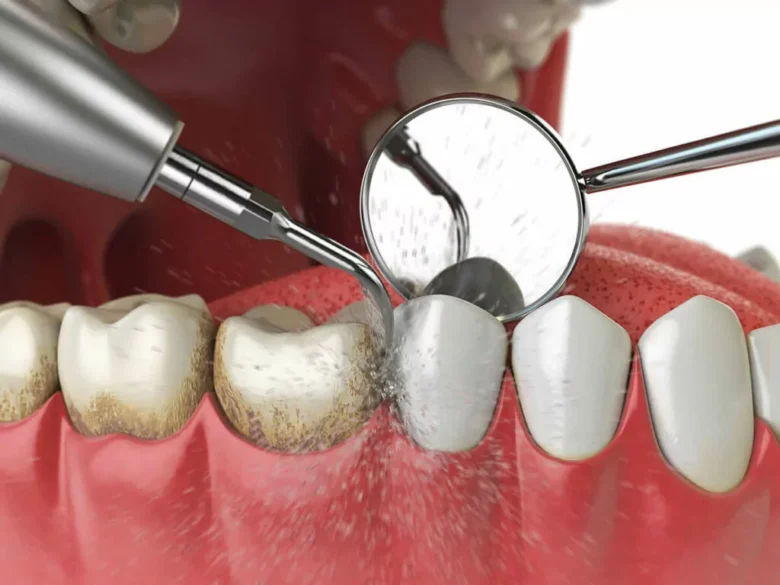Most people tend to neglect their oral health until they experience discomfort or pain. However, regular visits to professional dental care providers can help prevent problems from arising altogether.
Dental professionals have the expertise and tools to identify early signs of issues and provide appropriate treatment, including preventive measures like cleanings and checkups.
Regular visits also offer opportunities for education on proper oral hygiene practices to maintain healthy teeth and gums.
Neglecting dental care can lead to severe health consequences, such as infections, tooth decay, and gum disease, all of which can affect overall well-being. Therefore, it is crucial to prioritize professional care as part of one’s healthcare routine.
Contents
Understanding Professional Dental Care
Professional dental care refers to services provided by licensed professionals to diagnose, prevent, and treat oral health issues. Various types of dental care providers cater to different needs:
General Dentists:

Source: yourdentistryguide.com
General dentists are the primary dental care providers responsible for diagnosing, treating, and managing overall oral health care needs. They perform routine checkups, cleanings, fillings, and preventive treatments. General dentists also offer basic restorative services such as crowns, bridges, and dentures.
Orthodontists:
Orthodontists are dental specialists who focus on the diagnosis, prevention, and treatment of dental and facial irregularities, including malocclusions (bad bites) and misaligned teeth. They design and provide orthodontic appliances such as braces, clear aligners, and retainers to correct these issues.
Periodontists:

Source: pascackdental.com
Periodontists specialize in the prevention, diagnosis, and treatment of periodontal (gum) diseases and the placement of dental implants. They perform various non-surgical and surgical treatments to address gum infections, inflammation, and periodontal bone loss.
Endodontists:
Endodontists are dental specialists who focus on diagnosing and treating tooth pain and issues related to the tooth’s pulp and nerve. They are experts in performing root canal treatments and managing dental trauma, such as cracked or knocked-out teeth.
Oral Surgeons:

Source: aboms.org
Oral and maxillofacial surgeons specialize in the diagnosis and surgical treatment of diseases, injuries, and defects of the mouth, jaw, face, and neck. They perform tooth extractions, implant placement, corrective jaw surgery, and treatment of oral cancer, among other procedures.
Prosthodontists:
Prosthodontists are specialists who focus on the restoration and replacement of damaged or missing teeth. They design and provide dental prosthetics, such as crowns, bridges, dentures, and implants, to improve the function, appearance, and comfort of patients’ smiles.
Dental professionals recommend regular visits, with checkups and cleanings at least twice a year, to maintain good oral health.
Benefits of Regular Dental Checkups

Source: bennettdds.com
Taking care of your oral health is crucial for your overall well-being. Regular checkups are key to identifying potential oral health problems, which can be treated more effectively and less invasively the sooner they are detected. But regular checkups don’t just prevent issues from arising; they also provide preventive measures to keep your teeth and gums healthy.
Plaque and tartar removal, fluoride treatments, and dental sealants are just some of the preventive measures that can be taken during a checkup. And it’s not just your oral health that benefits from these visits; maintaining good oral health reduces the risk of developing systemic health issues such as cardiovascular disease and diabetes. In short, regular checkups are an essential part of maintaining a healthy, happy life.
Dental Treatments for Improved Oral Health
Various dental treatments and procedures contribute to improved oral health:
- Fillings: Repair tooth decay and cavities to restore tooth function and prevent further damage.
- Root canals: Save infected or damaged teeth by removing the infected pulp and sealing the tooth.
- Dental crowns: Restore the appearance and function of damaged or weakened teeth.
- Bridges: Replace missing teeth with artificial teeth anchored to adjacent natural teeth.
- Dental implants: Offer a permanent solution to replace missing teeth using a titanium post and a crown.
- Orthodontic treatments: Correct bite and alignment issues using braces, clear aligners, or other appliances.
- Periodontal treatments: Manage gum disease through deep cleaning, medication, or surgery.
- Oral surgery: Address complex dental issues such as impacted wisdom teeth, jaw problems, and oral cancer.
- Tips for Maintaining Oral Health Between Dental Visits
To maintain optimal oral health between visits, follow these tips:
- Brush your teeth twice a day for two minutes using proper brushing techniques and fluoride toothpaste.
- Floss daily to remove plaque and food debris from between your teeth.
- Use mouthwash to reduce bacteria and maintain fresh breath.
- Eat a balanced diet rich in vitamins and minerals to promote healthy teeth and gums.
- Avoid tobacco and excessive alcohol consumption, as they increase the risk of oral health problems.
- Recognize and address dental emergencies promptly by seeking immediate care.
The Impact of Dental Care on Self-Confidence and Quality of Life

Source: military.com
Good dental care is about more than just healthy teeth and gums. It can also have a profound impact on your self-confidence and overall quality of life. When you take care of your oral health, you reap the benefits of a beautiful smile, improved speech, and better chewing function. These benefits can make a world of difference when it comes to daily interactions, both in social and professional settings. With a healthy smile, you’ll feel more confident and ready to take on whatever life throws your way. Ultimately, investing in health care is an investment in your quality of life.
Conclusion
Regular dental checkups are an essential part of maintaining a healthy, happy life. Through preventive measures such as plaque and tartar removal, fluoride treatments, and sealants, individuals can enjoy the benefits of improved oral health with reduced risk of systemic diseases.
Furthermore, investing in professional dental care allows for greater self-confidence and better quality of life due to healthier teeth and gums that look good while enabling effective speech and chewing functions. All these factors make regular visits to the dentist highly recommended for overall well-being.
The impact of professional dental care on oral health cannot be overstated. Regular visits, combined with good oral hygiene practices, can significantly improve both oral and overall health. By prioritizing dental care and maintenance, individuals can enjoy a lifetime of healthy, confident smiles.
